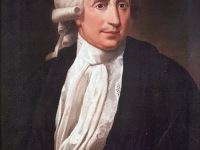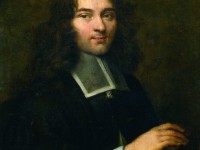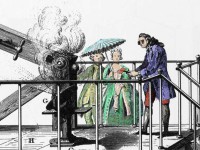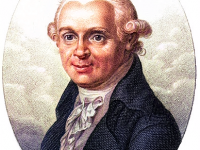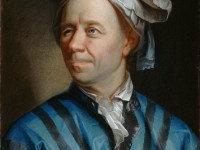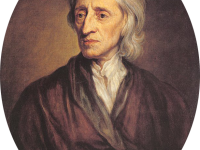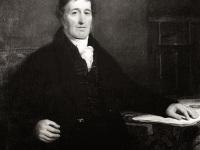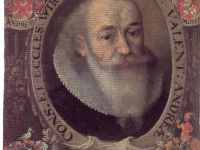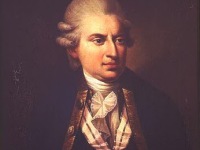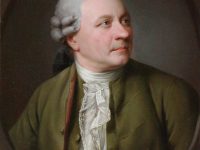Luigi Galvani and the Discovery of Bioelectricity
On September 9, 1737, Italian physician, physicist and philosopher Luigi Aloisio Galvani was born. He is best known for his discoveries in bioelectricity. In particular, he discovered that the muscles of dead frogs legs twitched when struck by a spark. As a legacy, Galvani’s name survives in the Galvanic cell, Galvani potential, galvanic corrosion, the galvanometer and galvanization. Moreover, his reports also heavily influenced famous author Mary Shelley writing her novel ‘Frankenstein‘.[4] “When…
Read more

